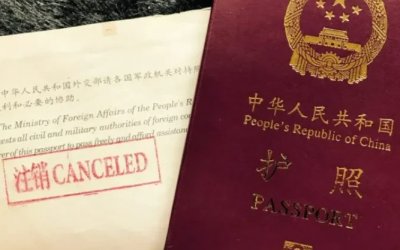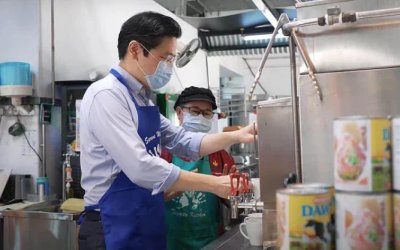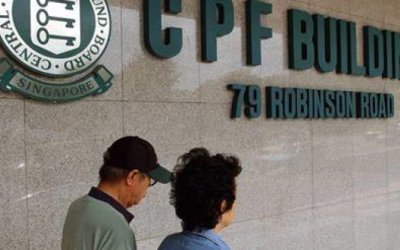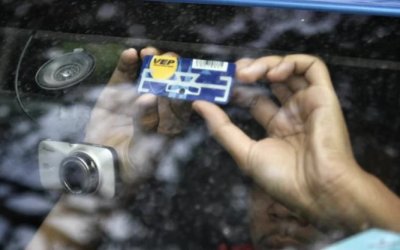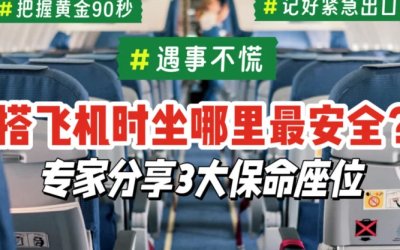3.00 pm
We give our assurance to parents that where there is evidence that operators and/or educators have been errant, ECDA and the Police will commence investigations immediately, suspend educators who are in a position to harm children and take them to justice. Parents who suspect that their child has been subjected to child mismanagement should report to ECDA and the Police, so that investigations can be swiftly carried out, investigations are not compromised and due process can be taken.
During the Forward SG engagements, we also have heard many Singaporeans share their love and aspirations for their children. At the same time, some have also shared about the struggles and anxieties that they faced in raising their children – especially from parents of infants and parents of children with developmental needs. Many parents explained that the most challenging period was during the first 18 months, as parents are adapting to a new phase of life to care for an infant while juggling work responsibilities.
As mentioned by Minister Masagos, for children aged three and above, preschools can be the best option to meet parents' caregiving needs while supporting the child's holistic development. For children below three years, what is important is for them to build nurturing relationships with significant caregivers and for caregivers to be responsive towards their needs.
Today, most Singaporean parents prefer to play this role and care for infants themselves or rely on the help of family members. Mr Melvin Yong and Ms Ng Ling Ling have asked how we can better support parents in caring for their infants. As mentioned in the Forward SG report, the Government will consider how paid parental leave can be further increased. Currently, around one in five infants are enrolled in infant care centres. We will continue to ramp up centre-based infant care.
Currently, around one in five infants are enrolled in these infant care centres and we plan to increase centre-based infant care places by about 70%, or 9,000 more places by 2030 so that more parents can rely on this care option. To complement these efforts, the Government will work with service providers to launch a three-year pilot in the second half of 2024 to provide affordable and reliable infant childminding services. This will be yet another caregiving option for parents.
Childminders, some of us may know them as "nannies" are not a new concept. They were more common in Singapore in the 1970s and 1980s. Some childminders look after a few children in their own homes while others travel to a family's home to look after the child. They are less common today, as parents may be unsure of where to look for trusted childminders or they may find childminding relatively more expensive as compared to other caregiving options, such as infant care centres.
Last year, in a work visit to Denmark, France and the UK, I learnt that these countries have put in place requirements, such as background checks on the childminders and financial support to parents, such as subsidies, to make childminding more accessible to parents. Parents can then have greater flexibility to choose what is best for them in terms of their caregiving needs and preferences. For example, parents may prefer a more structured setting during working hours. They may then opt for infant care centres for their infants. Those who prefer more flexible hours or more individualised care in a home-setting may for opt for infant childminding.
We will thus launch a pilot and appoint childminding operators and work with them to expand infant childminding services in Singapore. Under the pilot, each childminder will be allowed to care for up to three infants at any one time, at their homes or at a community space. Community spaces, such as community centres, will be in areas of high infant care demand so that parents can conveniently access childminding services. Parents also have more flexibility to discuss their care preferences and requirements with the childminder.
To ensure that infant childminding services are affordable to families, ECDA will provide funding to appointed operators to keep the out-of-pocket expenses affordable for parents who use the service for their infants during typical working hours on weekdays. We aim to make parents' expenses for childminding services similar to what a middle-income family pays for infant care at their Anchor Operator. We will also extend the usage of CDA to further defray the cost of childminding under the pilot.
We understand that the safety is a key consideration for parents when deciding the care arrangements for their infants. To give parents more assurance under this pilot, ECDA will conduct background checks on operators and childminders and require operators to meet certain service requirements. These service requirements include: (a) assessing the suitability and homes of the childminders; (b) putting in place guidelines for child-safe practices and responsibilities of childminders; (c) disclosing childminders' profile to parents; (d) establishing processes for incident management; and (e) ensuring that childminders undergo required training in areas, such as basic infant care, first aid training and food safety and hygiene.
ECDA will also work with operators to co-develop industry standards. This includes laying out what constitutes a safe childminding environment and the respective responsibilities of operators and childminders. This will ensure baseline service standards across the appointed operators and help to uplift the childminding sector in general.
The pilot will allow us to assess the receptiveness of parents to infant childminding. As this is a new pilot, we have engaged parents, childminders and childminding operators to hear their views to help us refine the parameters. We will continue such engagements and announce more details in the second-half of 2024.
Mr Gan Thiam Poh asked how we will support parents of children with developmental needs to help their child reach their full potential.
Children with developmental challenges have diverse and unique needs and require different types of support. Some can be supported in their preschools, while others may require more specialised interventions at centres providing Early Intervention Programme for Infants and Children (EIPIC).
International studies have also shown that parents are in the best position to embed intervention related to social and emotional skills in their children's daily lives. For parents to do this well, they will need to be equipped with the skills to provide early intervention support at home. This is why we will be introducing an EIPIC-Care pilot, a training programme for caregivers of two- to three-year-olds with developmental needs. During the six-month programme, caregivers will learn from professionals through group workshops and individual coaching sessions on how to support their child's development at home.


